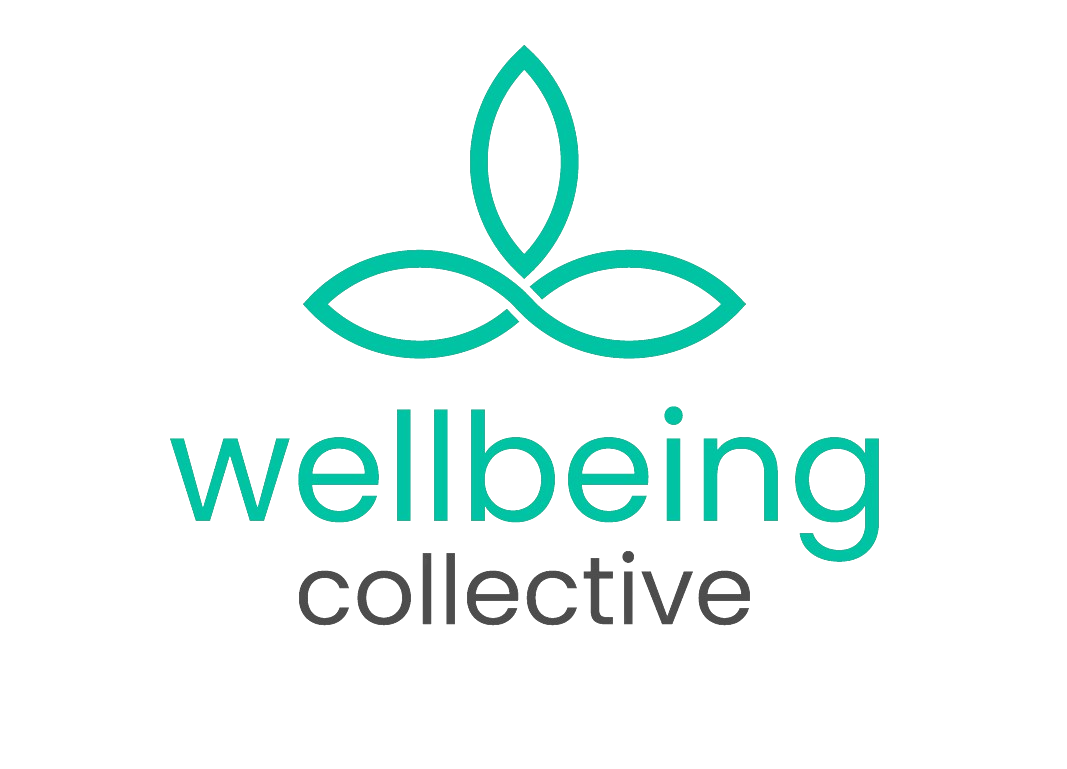What Happens When You Quit Drinking Coffee?

.
Whether you’re up for the challenge or feeling conflicted about it, eliminating coffee from your diet is no easy task. Should you decide to give it a try, there are a few things that you need to know.
Here’s an interesting fact: Coffee has more than 800 compounds, and caffeine is just one of them. As caffeine enters our bloodstream, it gives us that boost of energy that we crave. Your body eliminates it within a few hours, resulting in a midday slump. According to most experts, 400 milligrams of coffee a day (about three to four cups) is considered safe for most adults.
Aside from the energy boost, studies have shown that drinking coffee comes with a host of other benefits, including decreased inflammation, lower risk of chronic liver disease, and lower risk of developing type 2 diabetes.
However, drinking coffee also comes with certain risks. Drinking large amounts of coffee can lead to insomnia, anxiety, panic disorder, and hypertension. It may be a good idea tostay away from coffee temporarily to see how it affects your body so you can make some adjustments as necessary.
Caffeine in your system
Caffeine affects your sleep-wake cycle, alertness, exercise performance, respiratory and immune systems, kidney function, heart function, and blood pressure. It binds to specific receptors in your body, like stimulating dopamine in the prefrontal cortex (a part of the brain that helps you make decisions based on rewards, or if something feels good) and the caudate nucleus (which regulates motor processes and the sleep-wake cycle). When you eliminate caffeine from your diet, these functions are also affected. When this happens, you may experience withdrawal symptoms.
Withdrawal symptoms
If you’ve tried to quit drinking coffee in the past, you’ve likely experienced some mild withdrawal symptoms like headache, reduced alertness, fatigue, muscle fatigue, inability to concentrate, mood swings, cravings, upset stomach, or changes in bowel habits. In some cases, more severe withdrawal symptoms like abdominal pain, vomiting, muscle stiffness, digestive issues, and blood pressure changes may develop. These symptoms typically appear 12 to 24 hours after your last cup of coffee and last anywhere between two to nine days. To prevent or minimize these symptoms, try reducing your caffeine consumption gradually.
Alternatives to coffee
Whether you decide to stay away from coffee entirely or wean yourself off slowly, there are caffeine-free or low-caffeine coffee alternatives that can help make the process a lot easier.
For some people, gradually reducing their coffee consumption is the best way to minimize withdrawal symptoms. Drinking tea with varying amounts of caffeine can also help: black tea has around 50 milligrams of caffeine per cup, green tea has around 30 milligrams, while herbal teas are usually caffeine-free.
A quick note on decaf coffee: it’s not always caffeine-free. It typically contains about two to fifteen milligrams of caffeine per cup. Decaf coffee brands aren’t required to disclose how much caffeine is in their product. However, the FDA does require the removal of at least 97 percent of caffeine from the original coffee bean.



I don’t think the title of your article matches the content lol. Just kidding, mainly because I had some doubts after reading the article.